Category : In Region
Nov 16, 2022 | Announcements, Community, Faculty, Fellows, In Region, News, Pakistan, South Asia in the News

Yaqoob Khan Bangash is a historian of Modern South Asia and a current Fulbright Fellow at the Mittal Institute (read our Q&A with Dr. Bangash). He is also the coordinator of the upcoming event, “The Pakistan Conference: 75 Years of Independence,” November 29-30 at CGIS South.
The conference aims to bring a focused, though not exclusionary, lens to the study of the country and its 75 years since independence. It will provide the space to reflect upon the past, but also explore the lingering legacies and challenges that continue to cast a shadow over the country. We spoke with Yaqoob about his motivations behind the conference, and what attendees can expect.
Nov 16, 2022 | Alumni, Announcements, In Region, News, South Asia in the News, Students
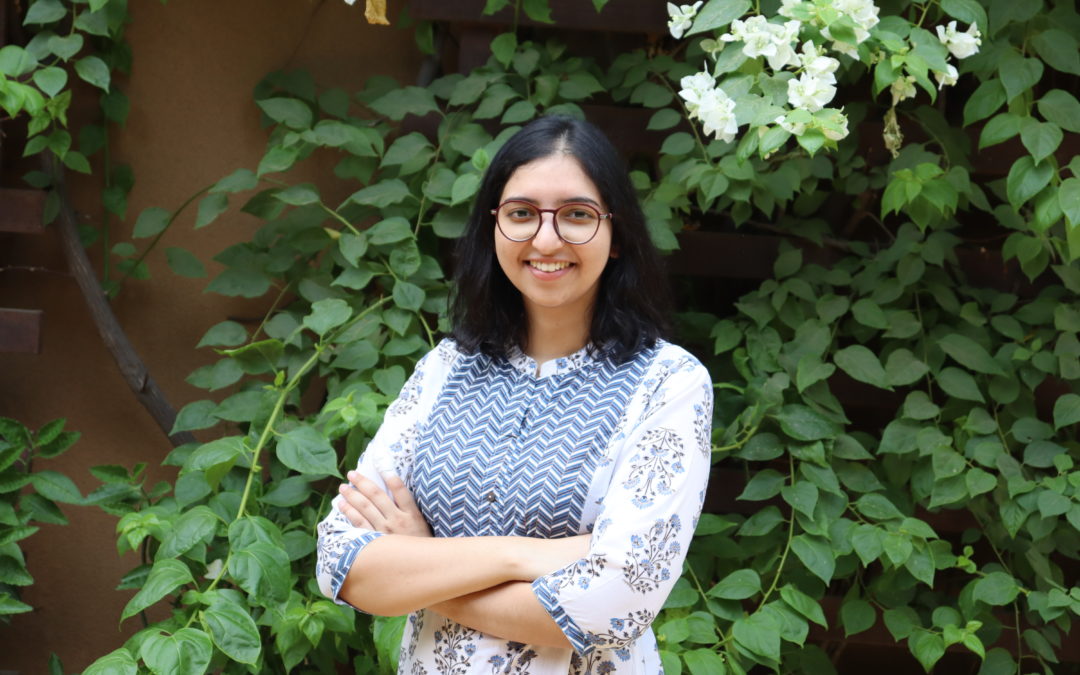
Richa Gupta, GSE’21 and co-founder of the Labhya Foundation, has no shortage of ambitious goals. By 2030, she hopes to reach 30-million underserved children with a new “happiness curriculum” in some of the most unserved corners of India. The effort to bring social-emotional learning grew out of her own experiences on the frontlines as a teacher in under-resourced schools for more than a decade.
She and her co-founders, who also brought their life experiences to the founding, now run the Labhya Foundation and received a Mittal Institute Seed for Change grant to catalyze their efforts. Gupta was recently named one of 17 New Young Leaders for the Sustainable Development Goals by the United Nations. We spoke with her about founding the organization, how the Seed for Change grant helped expand their efforts and what’s on the horizon.
Nov 9, 2022 | Afghanistan, Announcements, Community, In Region, News, South Asia in the News

Homeira Qaderi is an Afghan writer, activist, and educator and currently is a Radcliffe Fellow. She has written seven books in total, including Dancing in the Mosque: An Afghan Mother’s Letter to Her Son, which was excerpted by the New York Times and chosen by Kirkus Reviews as one of the best nonfiction books of 2020. This memoir, marked by courage and despair, tells the story of a son she left behind in Afghanistan. Before leaving Afghanistan, Qaderi taught at Gharjistan University, in Kabul, and worked as a senior advisor to both the minister of education and, earlier, the minister of labor, social affairs, martyrs, and the disabled. A lifelong human rights activist, Qaderi was awarded the Malalai Medal—Afghanistan’s highest civilian honor—for exceptional bravery by the president Afghanistan. She spoke with the Mittal Institute ahead of her talk, “Fiction in Afghanistan” on Friday, November 11.
Nov 9, 2022 | Afghanistan, Announcements, Community, In Region, News, South Asia in the News
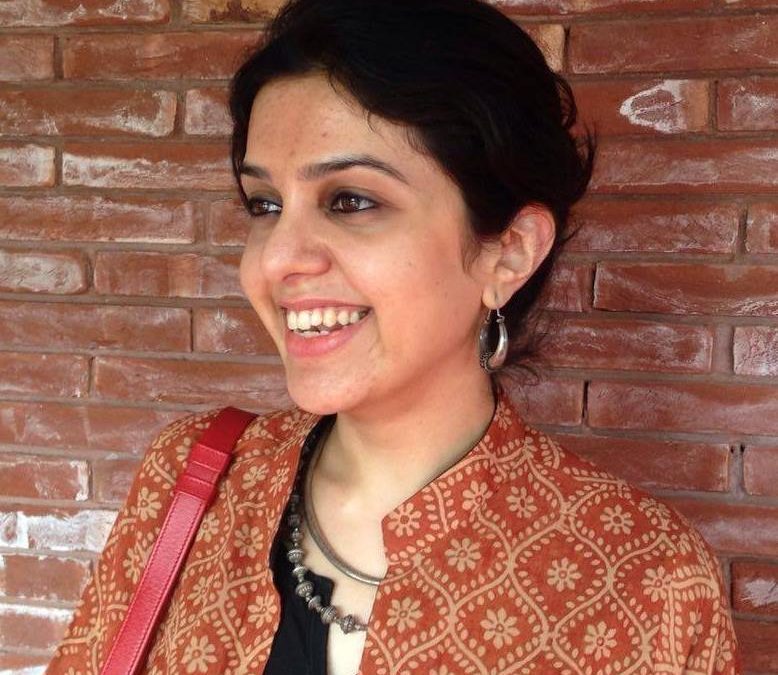
Tania Saaed, Associate Professor of Sociology at the Lahore University of Management Sciences (LUMS), Pakistan, and Marie Curie fellow at Ca’Foscari University of Venice, Italy, recently arrived at Harvard as part of her Marie Curie Fellowship with LMSAI. Her work focuses on comparative and international education, from exploring Islamophobia and securitization in the context of universities in the U.K., to the increasing securitization of education in Pakistan, and across South Asia. She spoke with the Mittal Institute about her work and fellowship.
Nov 9, 2022 | Afghanistan, Announcements, Community, In Region, News, South Asia in the News
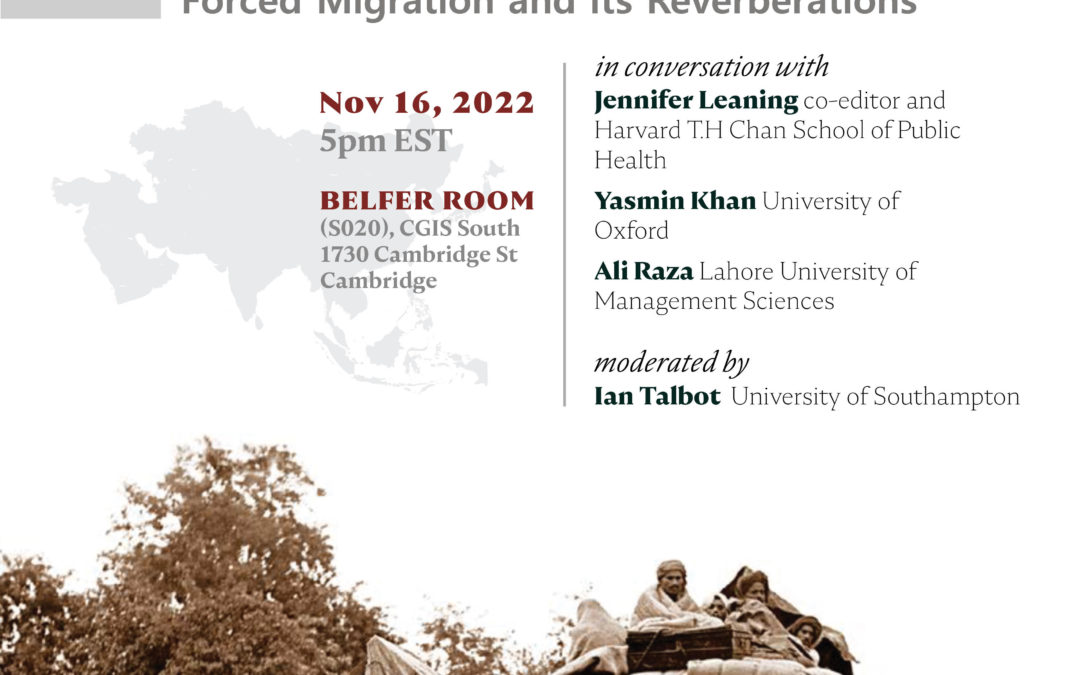
The newly-published book, The 1947 Partition of British India: Forced Migration and Its Reverberations, is the first collection of chapters related to Partition studies wherein experts of various disciplines from the three major modern nation-states affected by this cataclysm – Bangladesh, India, and Pakistan – have closely collaborated to develop a nuanced assessment of the Partition as active in the present as well as the past. It is edited by LMSAI Steering Committee member Jennifer Leaning, Senior Research Fellow at the Harvard FXB Center for Health and Human Rights and retired Professor of the Practice at Harvard T.H Chan School of Public Health and Shubhangi Bhadada, Mittal Institute Fellow and Project Director, Lancet Citizens’ Commission on Reimagining India’s Health System. We spoke with Jennifer and Shubhangi to learn more about the editing process, and what they hope people glean from the compilation.
Nov 3, 2022 | Announcements, Community, Faculty, In Region, India, News, South Asia in the News
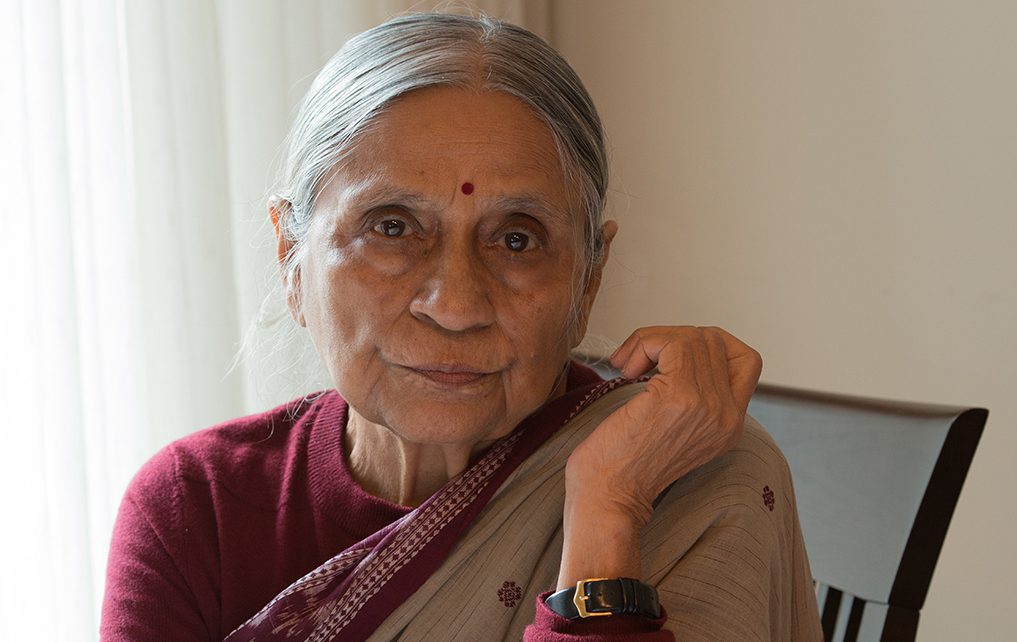
Ela Bhatt, founder of the Self-Employed Women’s Association of India (SEWA) in 1972 and dedicated women’s right activist, passed away at age 89. Often called a “gentle revolutionary” for her Gandhian practitice of non-violence, Bhatt championed the lives of marginalized women across the world through SEWA. With a membership of over 2.1 million, SEWA is the largest Central Trade union, comprised of self-employed women workers across 18 states of India. SEWA works to improve their livelihoods through technical training, microfinance, market linkages, technology, and more. Bhatt is the recipient of a host of honors, including an Honorary Doctorate degree from Harvard University, a Radcliffe Medal, and the civilian honour of Padma Shri by the Government of India. Our Mittal Institute community remembers Bhatt and her lasting legacy in the following remembrances.
Nov 1, 2022 | Announcements, Community, Faculty, In Region, India, News, South Asia in the News
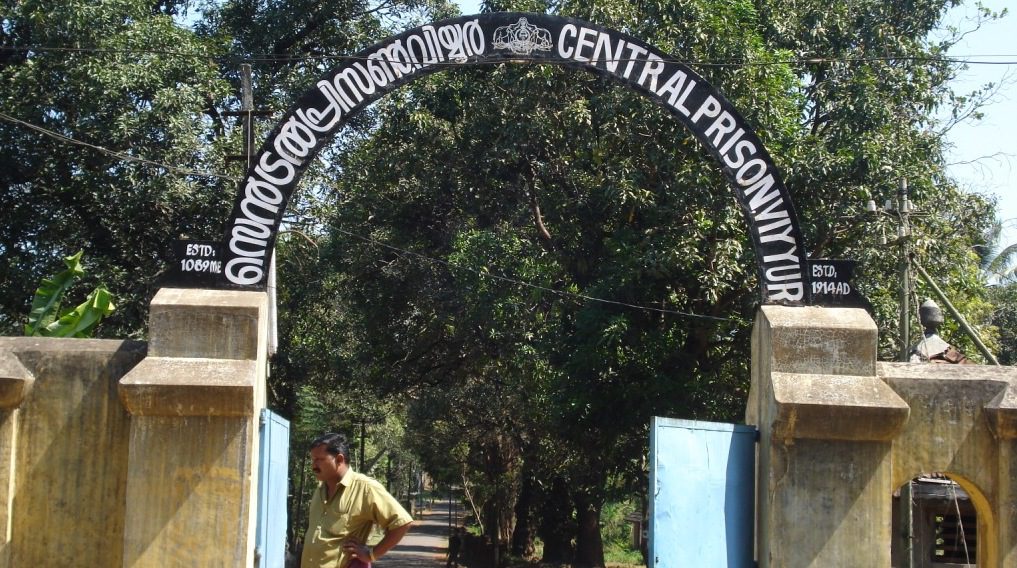
Adaner Usmani, an Assistant Professor of Sociology and Social Studies at Harvard University, is a recent recipient of a Mittal Institute faculty grant for his project, “The History of Punishment in India.” LMSAI faculty grants support research projects that catalyze connectivity between scholars at Harvard and those in South Asia. Professor Usmani’s particular project explores the incarceration system in India and how, despite low levels of policing and punishment, India has remarkably low levels of (recorded) violence. Professor Usmani’s project aims to solve this sociological puzzle by collecting data to understand the history of violence and punishment in India. We spoke to him about his project, his interest in the field, and an upcoming book.
Oct 26, 2022 | Announcements, Fellows, India, News, South Asia in the News

Ajmal Khan Areethala, the Mittal Institute’s Raghunathan Fellow, works at the intersection of the environment, development, and climate change. His current research looks at how universal frameworks of climate justice negotiate with local and specific experiences of climate change in regions of South Asia. His Ph.D. in Development Studies from Tata Institute of Social Sciences, Mumbai looked at the ongoing nuclear expansion policy in India and local responses. We spoke with Ajmal about his work, and his new book.
Oct 26, 2022 | Announcements, Community, In Region, India, News, South Asia in the News
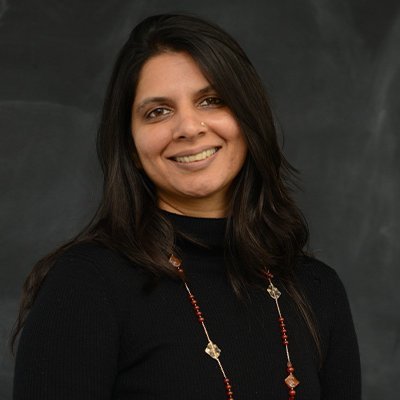
Yamini Aiyar is the President and Chief Executive of the Centre for Policy Research, one of India’s leading public policy think tanks. In 2008, she founded the Accountability Initiative at CPR, which is credited with pioneering one of India’s largest expenditure tracking surveys for elementary education. She is speaking on Rewriting the Grammar of the Education System: Delhi’s Education Reform (A Tale of Creative Resistance and Creative Disruption) at Harvard on Tuesday, November 1 at 5:30pm, and gave the Mittal Institute a preview of her talk.
Oct 26, 2022 | Announcements, Associates, Community, In Region, News, Pakistan
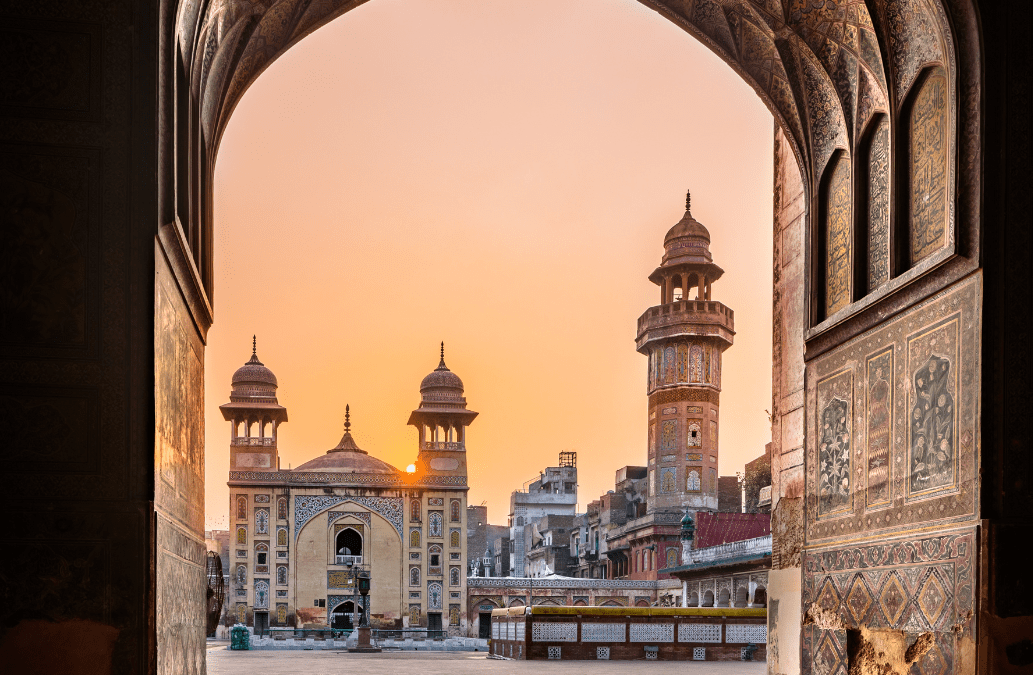
The Mittal Institute has been growing its on-the-ground presence in South Asia, including India, Pakistan and Nepal. This series of “dispatches from the region” will showcase the ways in which these outposts strengthen engagement, host visiting scholars...
Oct 19, 2022 | Announcements, In Region, India, News, Students
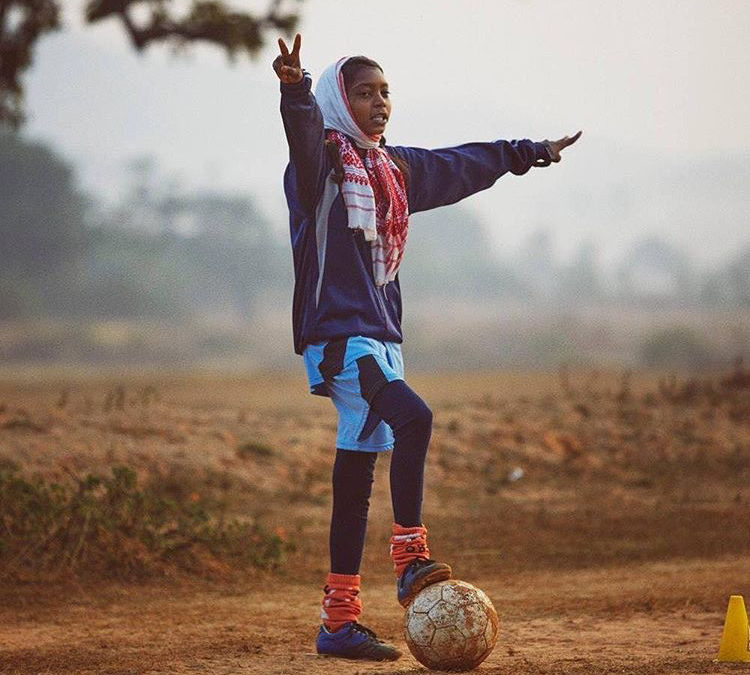
When Seema Kumari arrived at Harvard last year, she was a long way from home–and not just physically. Her remote village in the Indian state of Jharkhand, near the border with Bangladesh, has just 1,000 people, most of whom are farmers and many of whom are illiterate. Her own parents had little schooling, but her father made ends meet at a local thread factory and pooled expenses with his brothers, sharing a roof with 19 family members. Seema had few paths open to her beyond domestic life–until, one day, when everything changed.
Oct 19, 2022 | Alumni, Announcements, In Region, India, News
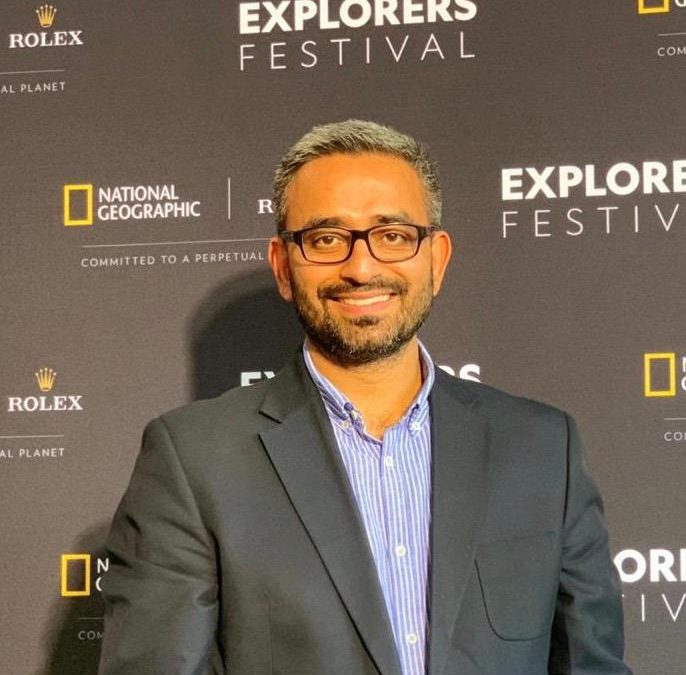
For our first Alumni Spotlight, we spoke with the Founder and CEO of SaveLIFE Foundation, Piyush Tewari. His story is one of sheer resilience. Piyush turned tragedy into a relentless quest to save lives on India’s roads, which are some of the most dangerous in the world. India holds the global top spot in road crash fatalities and its crash severity of over 31–denoting the deaths per hundred crashes–is the highest amongst the top 20 countries registering the maximum number of road crashes. He also is the driving force behind the groundbreaking Good Samaritan Law that provides bystanders the safety from legal and procedural hassles in the event that they step up to help road crash victims. Piyush graduated from the Harvard Kennedy School with a Masters in Public Administration in 2017.












